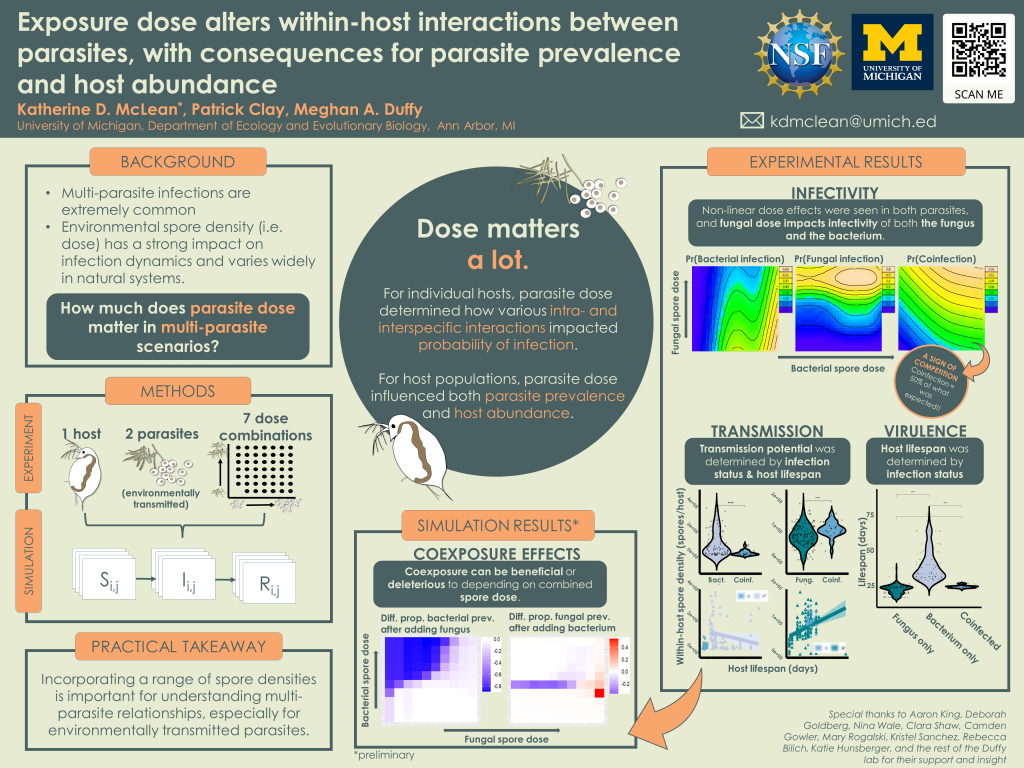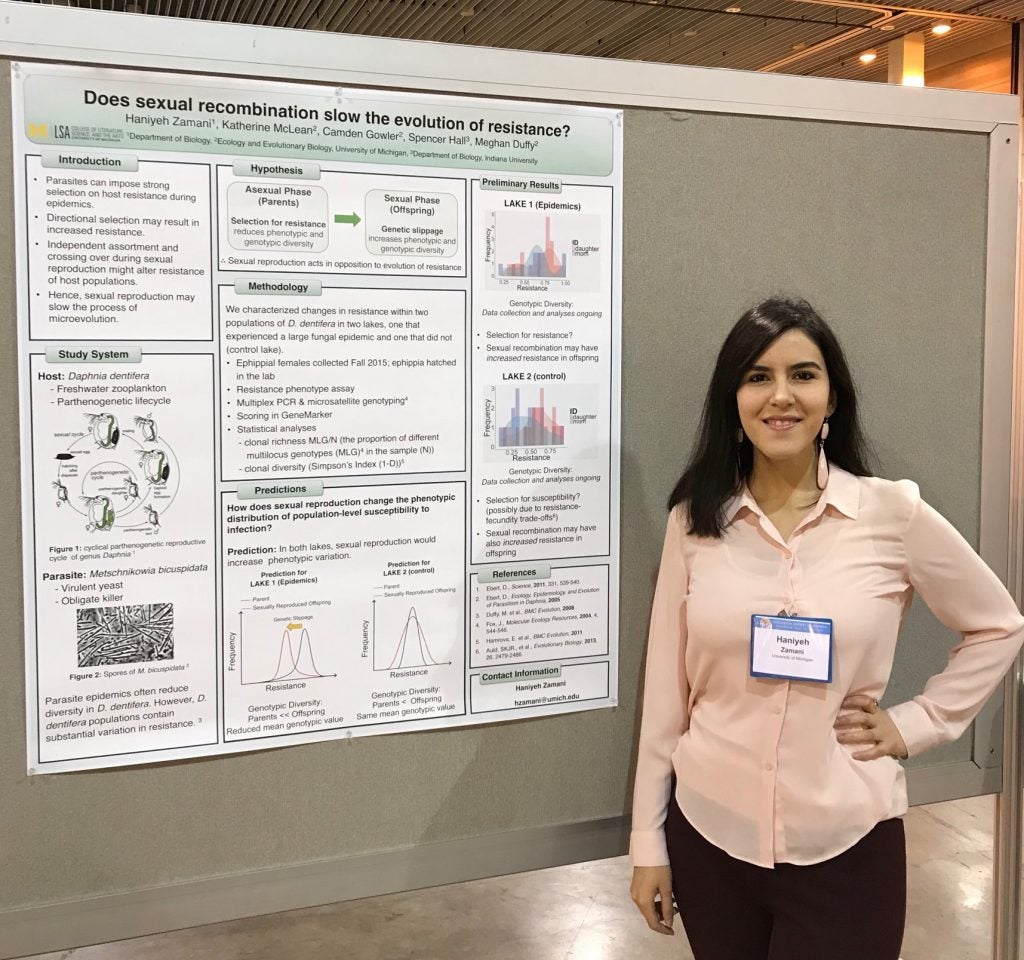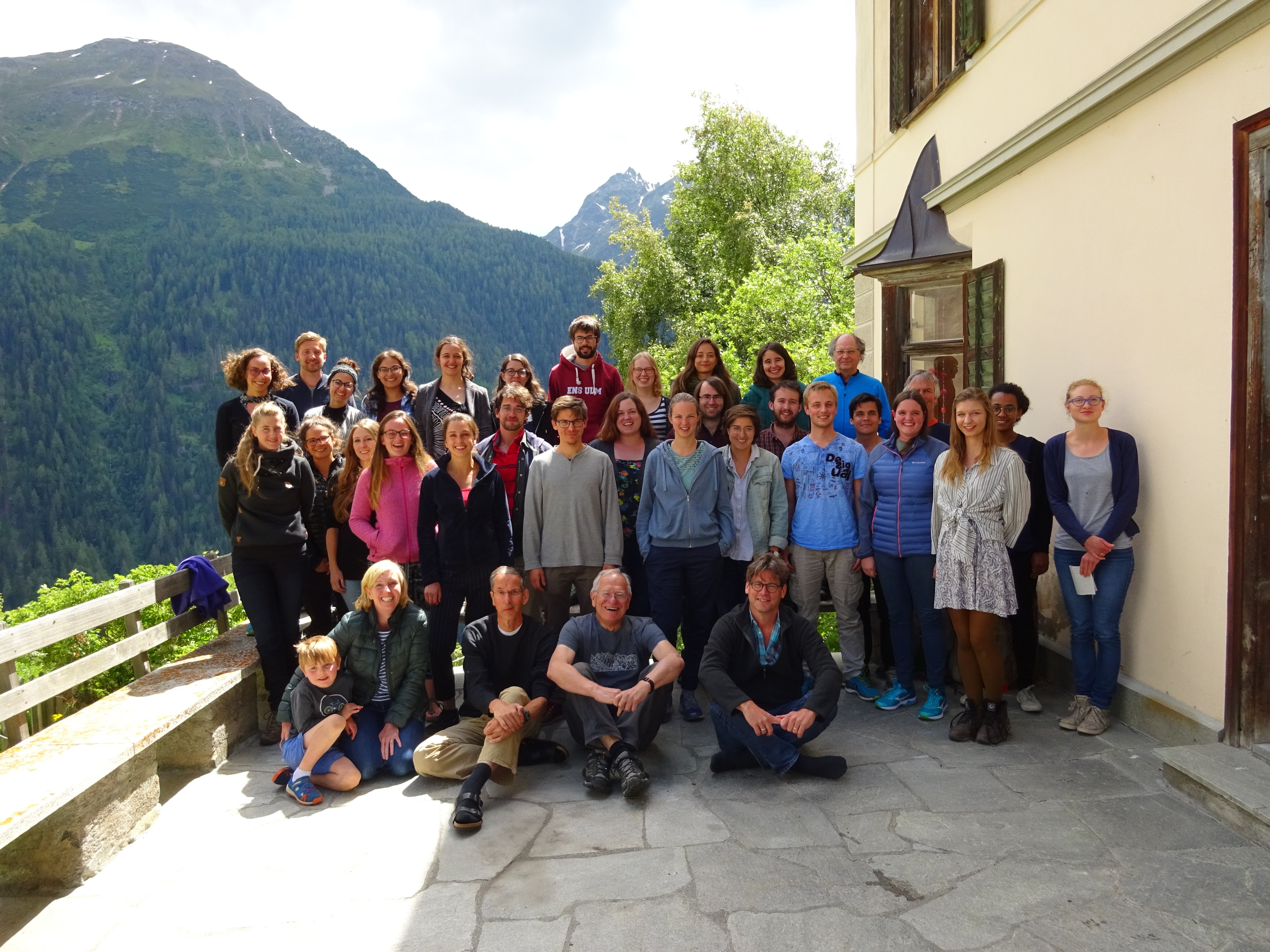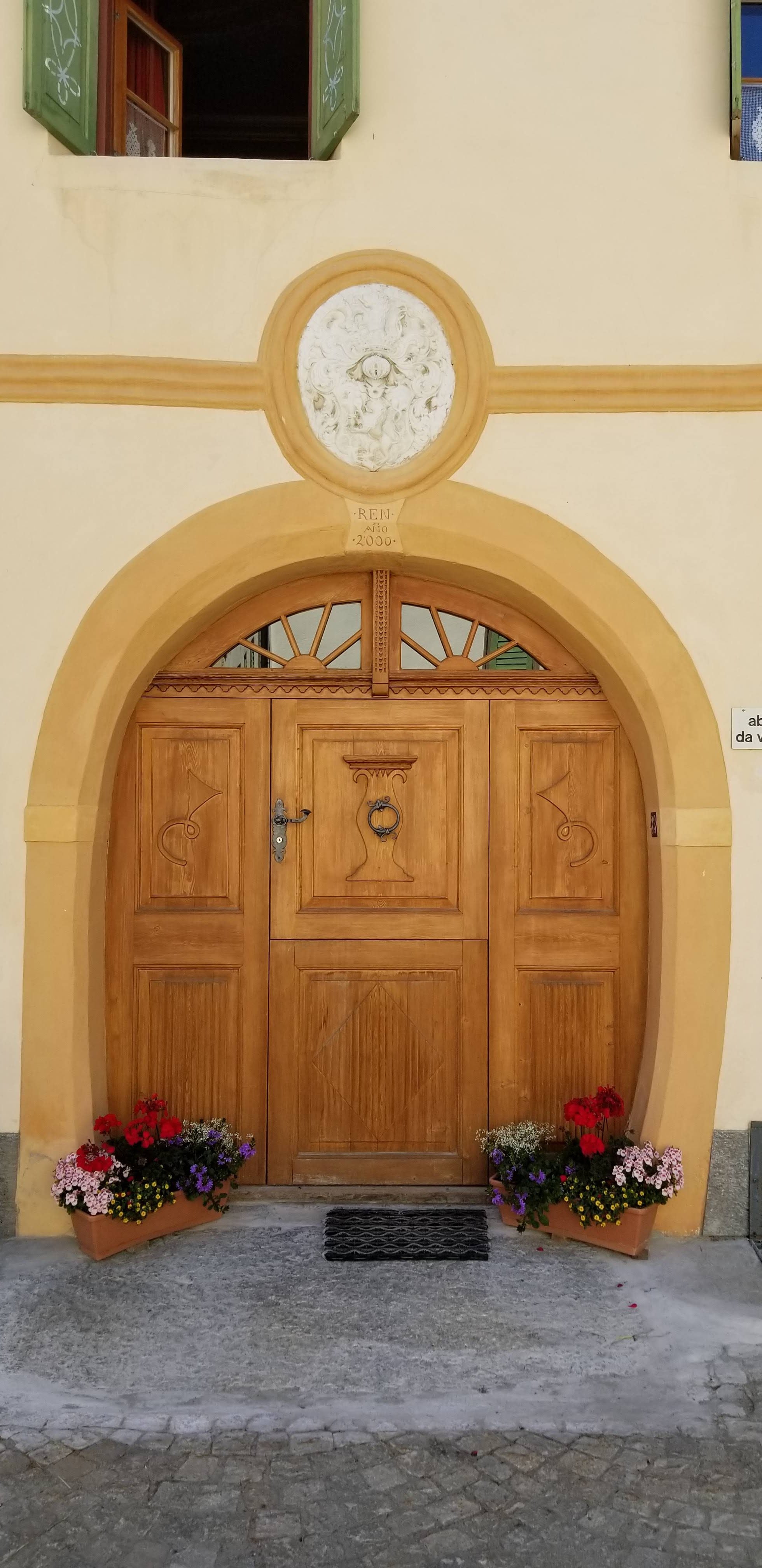My youngest kiddo and I had a great weekend helping Kristel Sanchez and Nikesh Dahal introduce Frontiers Masters students to aquatic ecology at the E.S. George Reserve. To be clear, it was only a weekend for us, but the students are living on the reserve for 10 days to get a full field work experience. I’m so jealous…
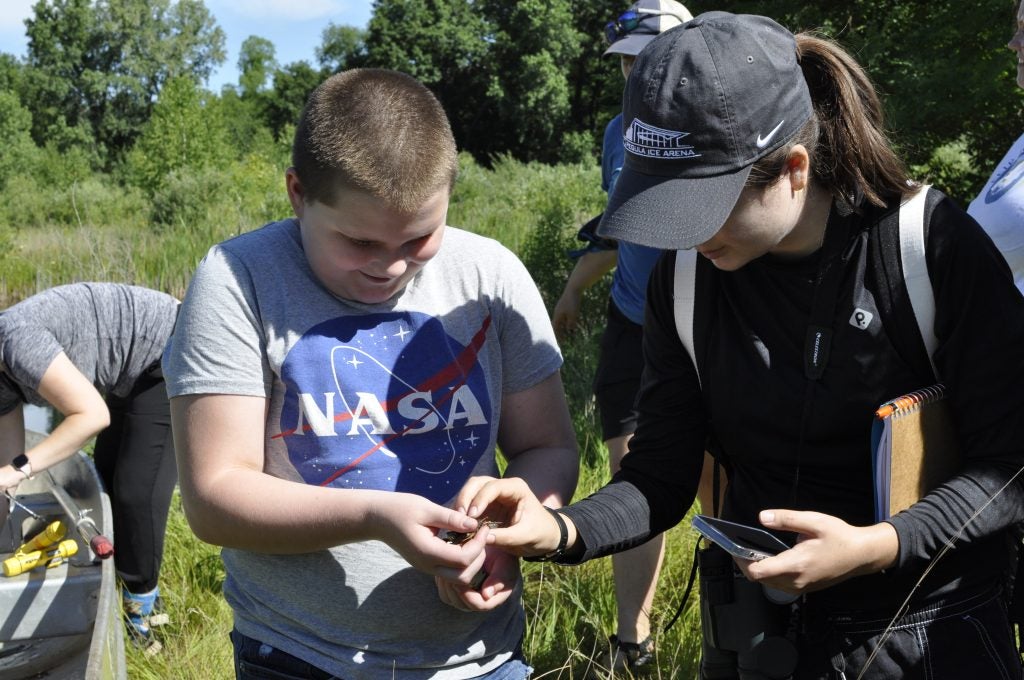

We dealt with so much mud and so many hours at the microscope. The Frontiers students unanimously declared it the worst experience they’ve had so far at the field station–so I’m pleased we got to give them a realistic look into field work. 😉 Jokes aside, everyone warmed up to the experience once they started to master the annoying process of identifying microinvertebrates. Soon enough we were all gathering around different microscopes to gawk at bright orange water mites and little blue copepods. Those alien bugs charm everyone in the end. 👽🐛🦐🦟
I’m so glad we got to drop in and engage with the whole field ecology experience! I really enjoyed exploring the reserve, learning about everyone’s research interests, and learning how to make spring rolls at the end of the day. Thanks for inviting me along, Kristel!

